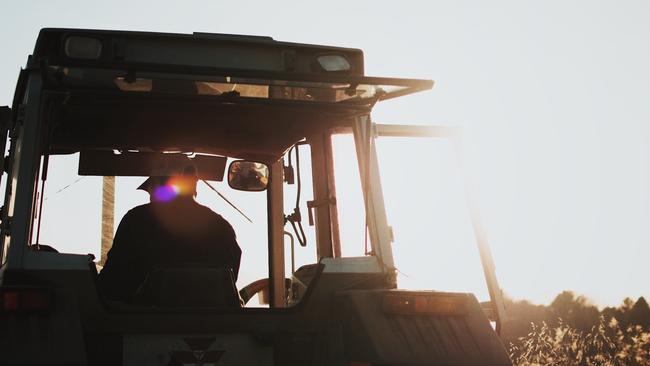Why the Ag visa is not the answer

Bungling policy on workforce issues has become an inherent trademark of the Morrison-Joyce government, with the agriculture sector taking much of the brunt.
When it comes to fixing the chronic agriculture workforce shortage, the government continues to fail while farmers are desperate to get their produce to market. To be frank, it’s turning into a real mess. First, the High Court found the government’s ill-conceived and rushed backpacker tax discriminated against workers from some countries that have a tax treaty with Australia. Australian taxpayers are set to foot the bill, with the Australian Taxation Office likely to be forced to hand back taxes collected from up to 75,000 backpackers.
Second, the Fair Work Commission ruled in favour of the Australian Workers Union and amended the horticulture award to guarantee every fruit picker on every farm the minimum casual rate of pay, currently $25.41 an hour. Some workers were earning as little as $3 an hour. It’s good news for workers and good news for the many employers doing the right thing, who will now have a level playing field.
During the pandemic there was much fear fruit would rot on the ground because of closed borders and lack of pickers. There was much debate about why Australians didn’t want to take jobs picking fruit. There’s little doubt poor wages and conditions provided by some employers was a significant factor. But we should watch closely what steps the government takes next. Will it stand on the side of workers and support the decision, or will it move to introduce legislation to overrule the decision by Fair Work?
And then there’s the agriculture workers visa, promised more than three years ago and touted as the next best thing to fix labour shortages on Australian farms.
But look beyond the announcement and there’s not a lot going on. The government has failed to reveal any real detail on how this visa will protect workers against the shocking examples of exploitation on farms.
Labor remains concerned the visa will undermine key elements of the Pacific step-up, including the Seasonal Workers Program and the Pacific Labour Scheme, when our relationship with the region has never been more important. The SWP and PLS are better programs, with more safeguards built in to protect against exploitation. Given a choice between a regulated PLS and SWP and a largely unregulated agriculture visa, why wouldn’t employers choose the latter?
Another issue is there is no commitment to creating a “pathway to permanent” for agriculture visa holders, despite the Agriculture Minister promising it. This is much more than a horticulture visa; the government says it will also cover skilled jobs in meat processing, forestries and fisheries, jobs that are vitally important to workers in regional Australia.
In terms of countries signing up for the agriculture visa, we already know Malaysia will not participate in a bilateral agreement, preferring its own “Malaysianation” program to keep Malaysian workers in the country, working for higher wages, on Malaysian farms.
Further, the Cambodian diaspora in Australia is concerned the Cambodian government will use the agriculture visa for corrupt purposes or for foreign interference.
Even Canberra’s splashy website for the visa confirms the final program design continues to be developed. Senate estimates last month confirmed the design of the new visa will continue through to at least March next year.
The Agriculture Minister has stated previously that the agriculture visa “will be up and running well before Christmas”. This is far from the truth. The question the government needs to answer is how many workers will be on Australian farms by Christmas on the new agriculture visa? It’s clear the answer will be zero.
What we do know is that these workforce issues are hurting farms across the country and driving up the cost of fresh produce for consumers. All Australians are now paying the price for the government’s inaction.
Amid all of this bungling, Australian farmers are being left behind. The backpacker tax did little for them but may end up costing a lot. Fair-minded farmers – and there are many – will welcome the Fair Work decision, but it’s quite possible that labour hire outfits and other employers will try to overturn it, creating more chaos.
And, on top of all that, the much-hyped agriculture visa is likely to end up hurting Australian workers far more than it helps anyone, including farmers.
Instead of spending energy making announcements, the government must end the bungling and start delivering for farmers and the agriculture sector.
Kristina Keneally is opposition spokeswoman for immigration and citizenship; Julie Collins is opposition spokeswoman for agriculture.



Talk to farmers or primary producers and the same topic comes up time and time again. Where are all the agriculture workers? There’s a shortage and it has been like that for a long time.